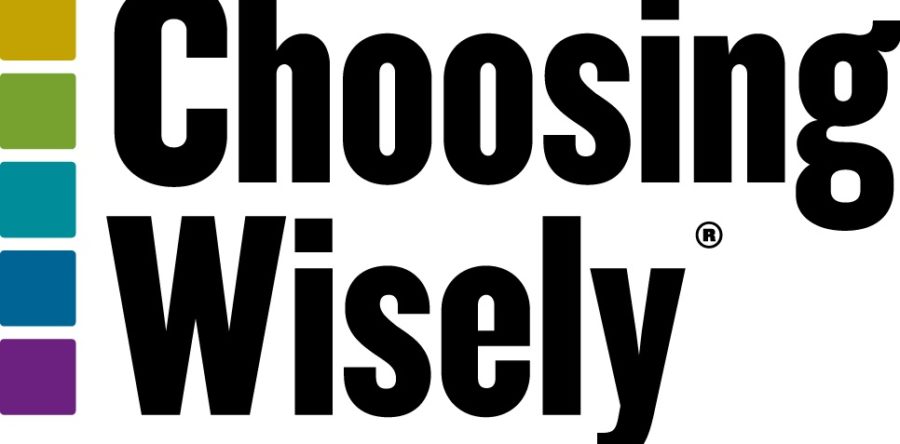From the AAP Council on Environmental Health
The American Academy of Pediatrics Council on Environmental Health recently released guidance for clinicians and families about several clinical tests for kids with autism and other disabilities, advising that the tests have the potential to do more harm than good. The advice is featured in an article from “Choosing Wisely,” an initiative of the American Board of Internal Medicine (ABIM) Foundation.
Choosing Wisely promotes conversations between clinicians and patients to help patients choose care that is evidence-based, not duplicative, free from harm, and necessary.
The AAP Council on Environmental Health advisory focuses on the following:
- Testing urine for metals and minerals in children with autistic behaviors.
- Ordering hair analyses for “environmental toxins” in children with behavioral or developmental disorders, including autism.
- Ordering mold sensitivity testing on patients without clear allergy or asthma symptoms (particularly those with chronic fatigue, arthralgia, cognitive impairments, and affective disorders).
- Ordering “chelation challenge” urinary analyses for children with suspected lead poisoning.
- Using measurements of environmental chemicals in a person’s blood or urine to make clinical decisions, with the exception of certain heavy metals (e.g., lead).
Visit the Choosing Wisely website to read the article.


